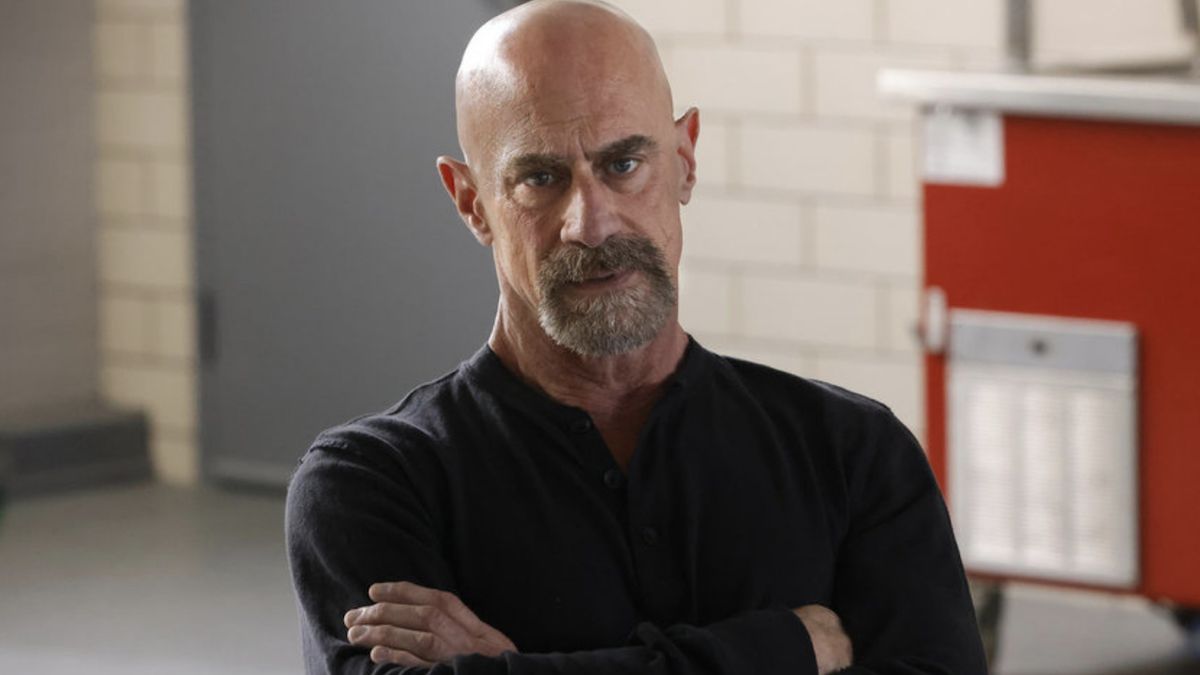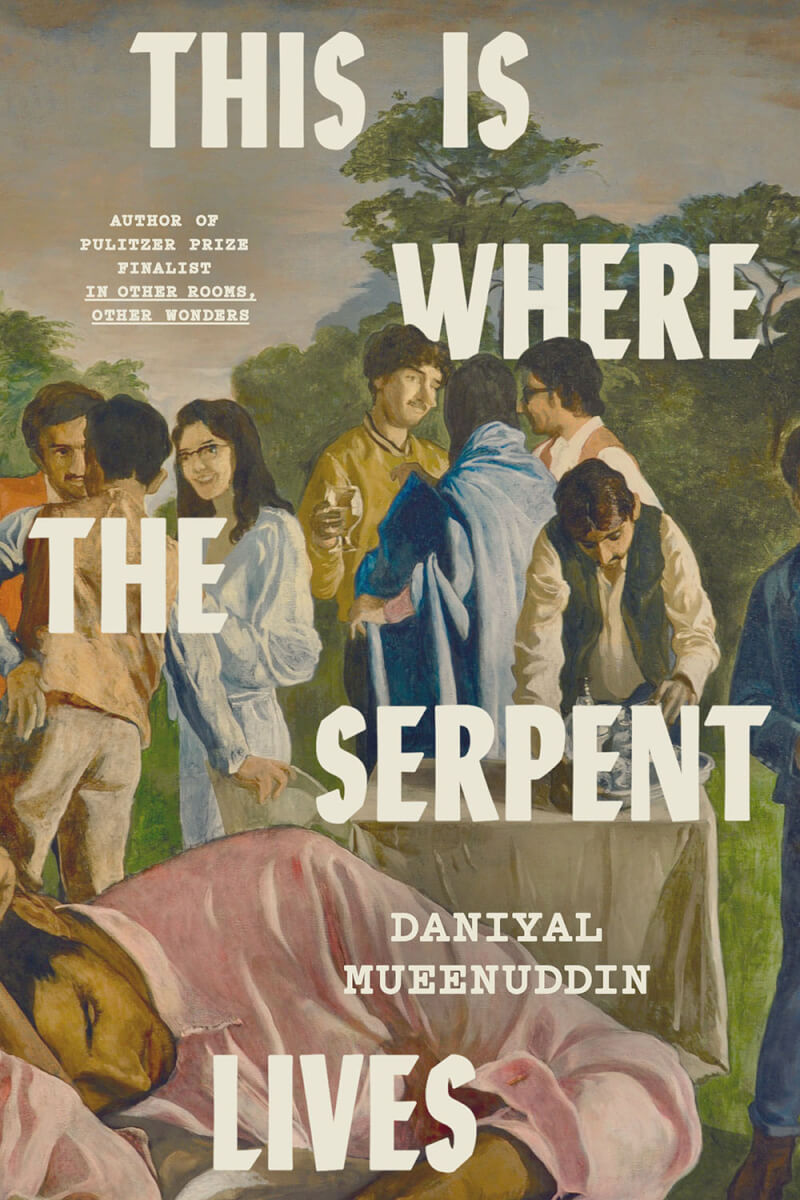We find out who we are through our favorite books, especially the ones we read as kids. Books can give us a place to hide or a place to be braver than we ever would be in real life. This is abundantly true for Stephanie Booth’s two like-minded protagonists in her debut novel, Libby Lost and Found, which takes the idea that books shape our reality and runs with it, from New Jersey to Colorado and through a magical forest where the protagonists of a beloved children’s series are stuck.
The Falling Children series, and the mystery surrounding the identity of the series’ author, have whipped the world into a frenzy akin to Pottermania. But the anonymous author, Libby Weeks, is in trouble. Libby’s fictional (and only) friends—her characters Benjamin, Huperzine and Everlee—have been trapped in a forest since the previous book, because Libby can’t seem to write the next installment. It’s not writer’s block, it’s dementia.
To receive such a diagnosis at 40 has the reclusive Libby coming apart at the seams of her gray sweater. She’s desperate enough to finally answer emails from a passionate 11-year-old fan, Peanut Bixton, who promises she can help save the Falling Children from the evil Unstopping and finish the series. Peanut feels deeply connected to the world Libby created, where anagrams abound, Knock-knock birds tell terrible jokes and toys with damaged souls just need a little love to be redeemed. With the internet clamoring for her blood and threatening to unveil her identity if she doesn’t release the final book, Libby gets on a plane for the first time and flies to Peanut’s quaint hometown. In Peanut, Libby finds a version of her younger self, before her anxieties took over. In Libby, Peanut finds an adult who listens and isn’t keeping secrets from her—at least not on purpose.
Stephanie Booth’s writing is fast-paced, funny and full of feeling. Readers who enjoyed Where’d You Go, Bernadette will find a story that is equally madcap, implausible and inventive. Libby Lost and Found is a roller coaster ride that does leave the track at times, but Peanut’s dogged youthful enthusiasm carries the day and the plot. As Libby struggles to remember how to dial a phone or button her shirt, let alone what she was planning to write next, her fate, along with the fates of her Falling Children and of Peanut, grow magically, if occasionally predictably, intertwined until the end.










